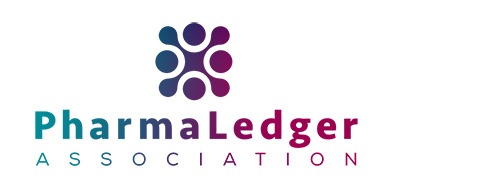As a Basel, Switzerland-based, membership-led non-profit, PLA is governed by a set of bylaws, as are many other companies. The Membership elects a Board of Directors which sets the strategy of the organization and appoints officers; these officers then execute the organization’s strategy.
Governance at PharmaLedger
How our incubating/graduated projects and nonprofit association is governed

Governance at PharmaLedger
How our incubating/graduated projects and nonprofit association is governed
Overview
Corporate governance
Similar to other open-source not-for-profits, PLA distinguishes between the governance of our projects and products and the governance of our organization. While the core principles of open- source governance, licensing, transparency, ecosystem-led, vendor agnostic, are reflected within our corporate governance activities, the details of how the organization legally works are somewhat different than how our projects work.
Membership
The Members of PLA are similar to shareholders; they set and approve the 3 year strategy and annual operating plan and budget, and may appoint Directors to our Board.
Who leads PLA?
On a strategic level, PLA is led by the Board of Directors. On an operational level, we are led by our Executive Director. The principle of “Ecosystem Led” means that everyone in the organization has a say on who is appointed to the leadership. Our high-level org chart shows the separation between strategic governance (The Board and Members) organizational governance (the organization staff) and product and project governance (Product Teams and Project Teams).
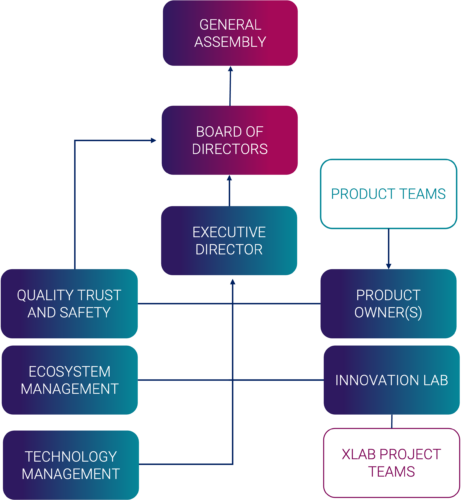
How are decisions made in PLA?
Decisions are made at all levels:
- Changes to the association bylaws and membership fees are made by the General Assembly.
- Strategic decisions are made by the Board of Directors. Strategic decisions define or impact the direction of the association, its funding allocations, its changes in policies, etc.
- Operational decisions are made by the specific project or product teams within their span of control.
Board of Directors
The Board sets the organization’s strategy, appoints officers, approves new products, delegates strategy and operational execution areas to officers and leadership team members, and delegates responsibility for managing products and projects to the appropriate teams and committees.
Executive Officers
The board elects a Board Chair (a director) and may appoint a standard range of executive officers. Officers are employees of the organization and serve at the direction of the board in their specific areas of responsibility. We always have a complete list of officers published. Officers are responsible both for managing the Association’s affairs in their specific areas and for reporting quarterly status reports to the board. Currently PLA has one officer, the Executive Director.
Board Committees
The Financial Oversight Committee (the “Committee”) is established by the Board of Directors of the PharmaLedger Association (PLA) to ensure the integrity, accuracy, and transparency of the Association’s financial reporting, budgeting, and overall financial practices. The Committee will oversee financial policies, review financial statements, and ensure compliance with regulatory requirements and internal policies.
PROJECT AND PRODUCT GOVERNANCE
Within PLA, the board delegates the operation of each product or project to its appropriate product or project team (PT). PTs are expected to follow corporate policies in terms of licensing, branding, infrastructure reference implementations, and so on, and to manage their projects independently. PTs are tasked with all other aspects of project management, especially technical direction.
Project and Product Teams
PTs work to produce software for the benefit of patients and the Digital Trust Ecosystem by creating and evolving releases of their project’s software products.
Committers
Committers are members of the open-source development community who have been granted write access to a PLA product. Each project’s PT invites people who have shown merit within their project to become committers. Committers who are not employees or external contractors to PLA must sign a Contributor Agreement (CA), which clearly defines the terms under which the committer contributes intellectual property to PLA. This allows our projects to ensure that they can safely release the products they publish under the MIT License.
NON-GOVERNANCE GROUPS AT PLA
In our ecosystem-led organization, there are many other groups of individuals and organizations that provide valuable work and services for PLA projects but are not directly part of our corporate governance.
External Contractors
PLA pays for a number of services including for contractors to keep our core infrastructure and product development running the MIT License.
Contributors
Contributors are individuals who contribute source code patches, and documentation and help on mailing lists to PLA projects. All PLA projects greatly appreciate the volunteers who have contributed to our projects. Contributors do not have a specific governance role. However, healthy projects are always on the lookout for productive and helpful contributors whom they can consider nominating as new committers.
Users and Patients
Users use and often ask for help with our software. Many users are non technical, in particular our patient community, but still spend the time to submit bug reports and answer questions on our project’s mailing lists.
Sponsors
Sponsors are members of the Association who wish to fund Lab projects directly. Sponsored projects shall be subject to the same operational rules as defined in the Lab Manual but shall have project goals defined by the Sponsoring organization. Sponsored projects must be aligned with the Association’s purpose.
Vendors
PLA contracts with a number of vendors to provide specific services, like accounting, marketing, legal counsel, hosting services, and the like. Vendors are not otherwise part of our governance structures. Vendor relationships are managed by the Executive Director and management team.
All Rights Reserved © 2024 PharmaLedger Association
